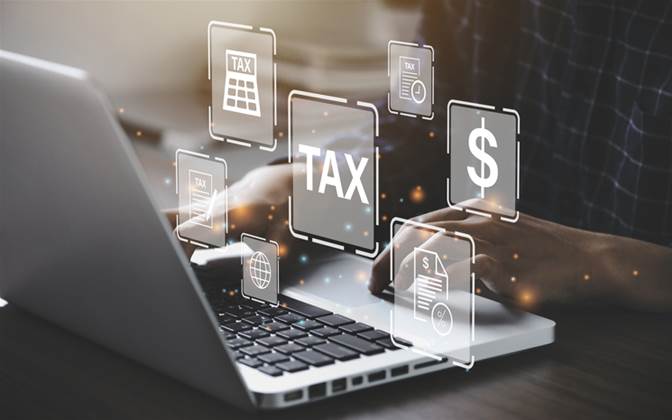New research shows that Australians want the government to provide more digital services as more services continue to go online.

The Trust Imperative 3: Know Your Customer report from Boston Consulting Group and Salesforce highlights that while Aussies want more services digitalised, 67 percent of respondents experienced issues while using online government services.
From the report, close to one in five expect the government to enrol them in services they’re eligible for without prompt, and 35 percent expect the government to engage them about services based on their profile and circumstances.
Those over 60 and people who live in regional areas are the most demanding for digital services.
According to the report, almost 24 percent of respondents over the age of 60 and 23 percent from regional areas expected automatic services, significantly higher than those under 35 at 16 percent and in metropolitan areas 17 percent.
Miguel Carrasco, managing director and senior partner, global lead for BCG centre for digital government said there has been some past scepticism on whether customers want the government to deliver services with the same level of personalisation they receive from the private sector.
He said, “This data shows that customers do want government services to be more personalised to their needs and circumstances, and they endorse the sharing of relevant data to enable that personalisation.
“We also looked at the extent to which people are comfortable with the government being more proactive in their service delivery to make life easier for customers. More than half of respondents support this, and are even supportive of government automatically providing services that people are entitled to.”
The report noted three ways digital government services can help both the customer and the government. Firstly, a more personalised, digital delivery model improve customer satisfaction and service quality, contributing to greater community trust and confidence in the government.
Secondly, digitally enabled customer service models allow government to provide services at lower cost and free-up human resources for more complex activities requiring human engagement.
Finally, by improving the employee value proposition, government can better attract and retain talent in the public service.




_(23).jpg&h=140&w=231&c=1&s=0)
_(20).jpg&h=140&w=231&c=1&s=0)



_(26).jpg&w=100&c=1&s=0)

 iTnews Executive Retreat - Security Leaders Edition
iTnews Executive Retreat - Security Leaders Edition












_(1).jpg&h=140&w=231&c=1&s=0)



